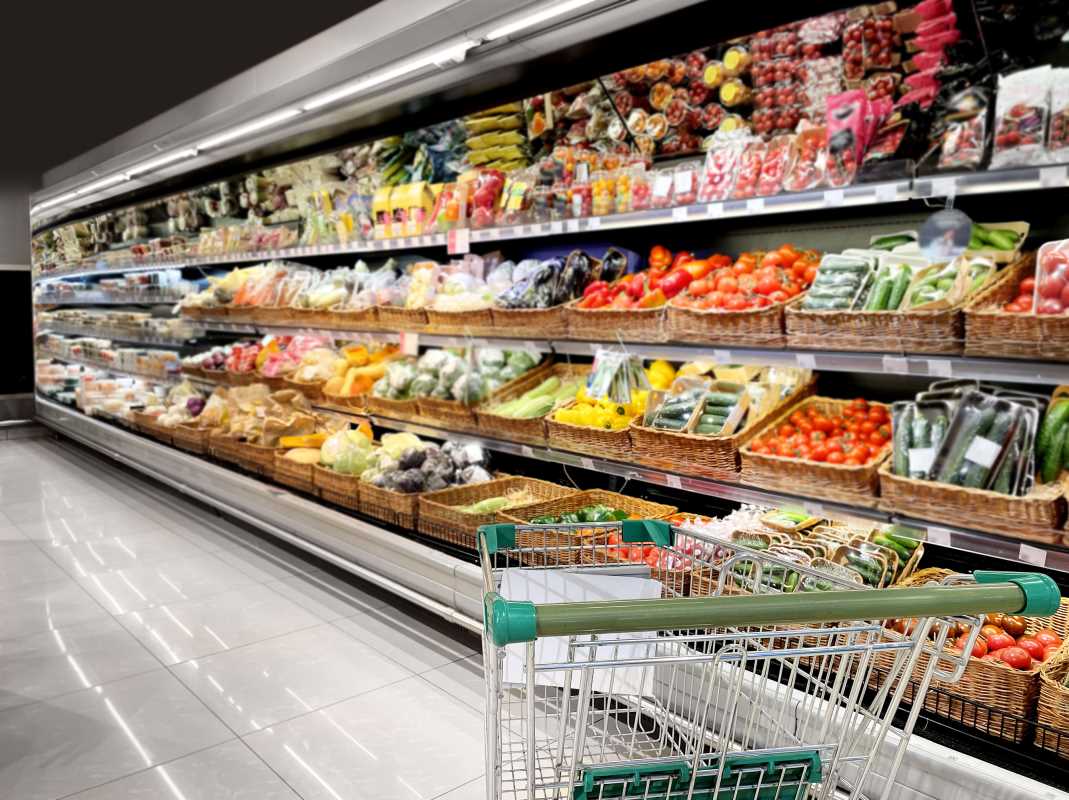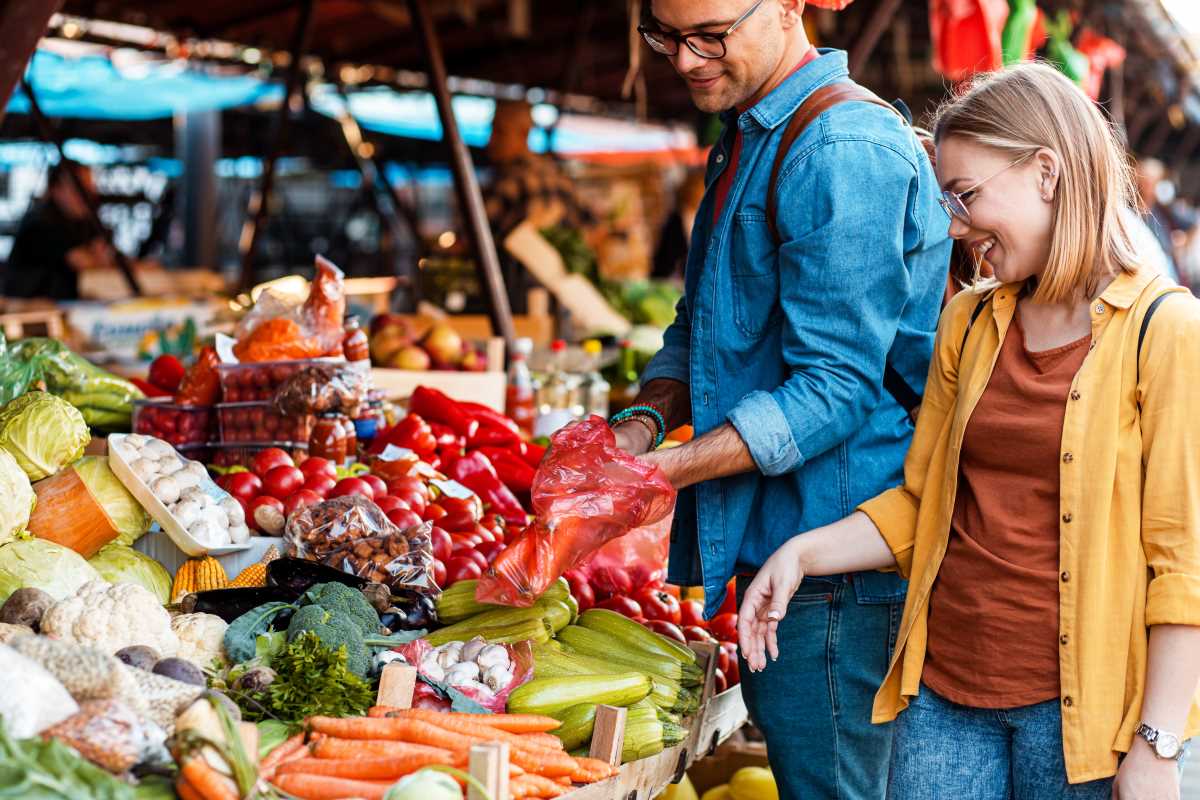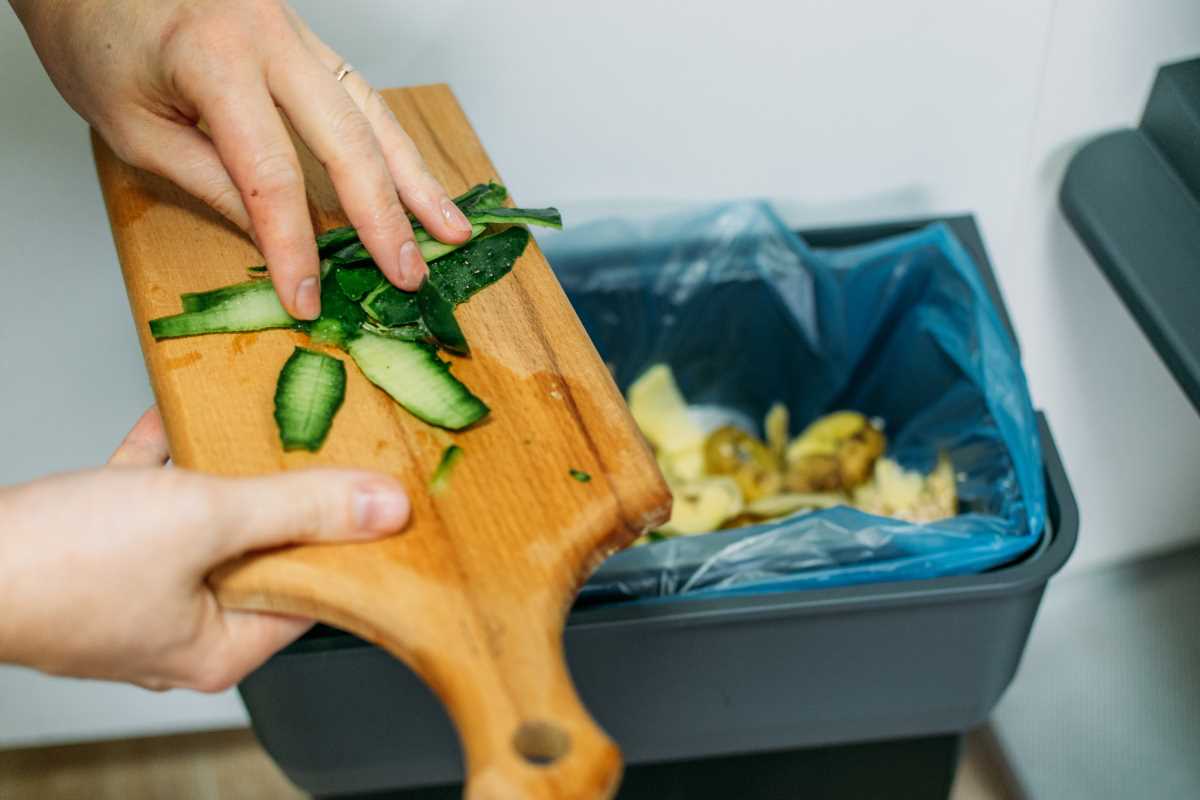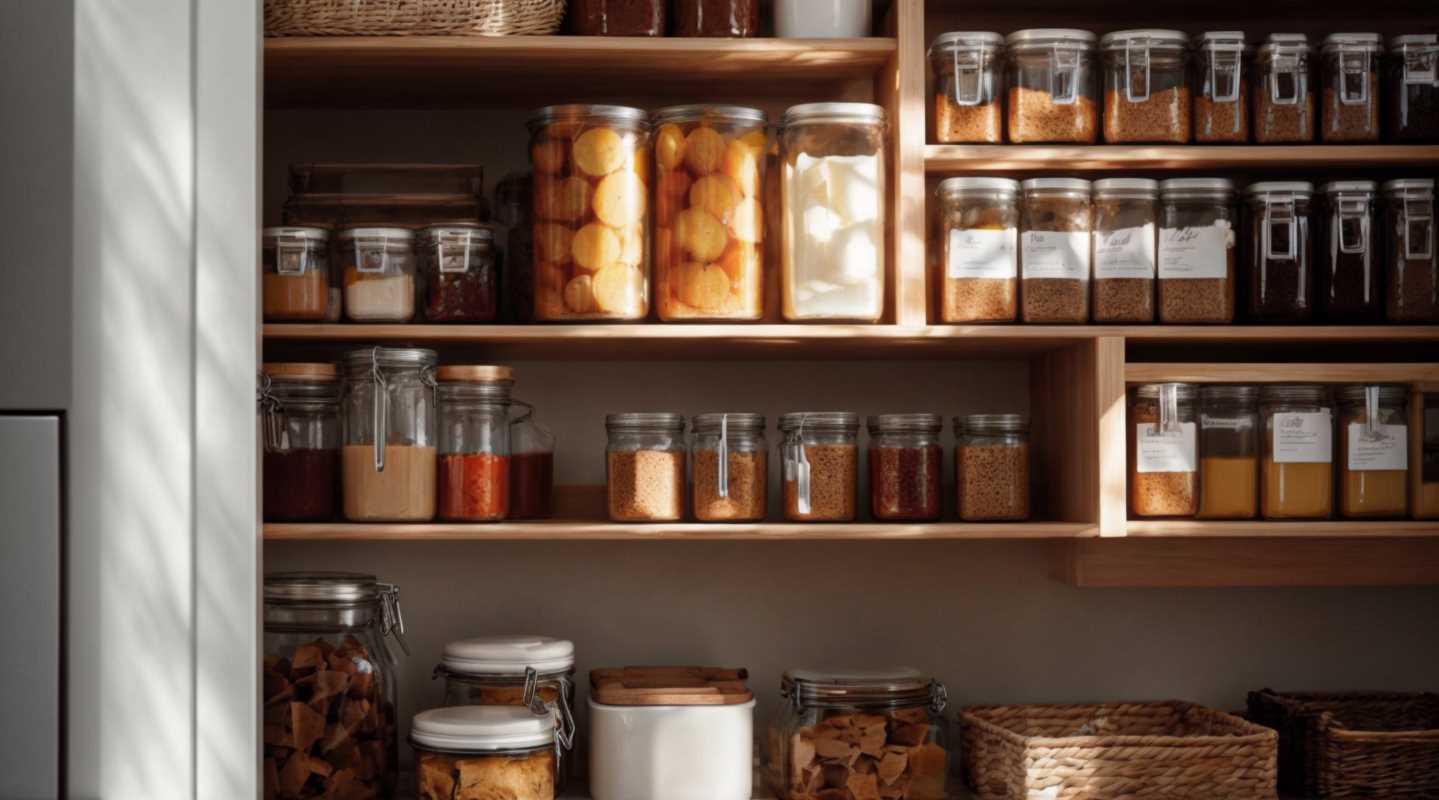Choosing how you shop for groceries shapes both your daily routine and your environmental impact. Simple changes, such as bringing reusable bags or selecting items with minimal packaging, can help you cut back on plastic waste and keep more money in your wallet. Planning your shopping list ahead of time and opting for bulk or unpackaged goods makes it easier to find what you need while avoiding unnecessary packaging. Each trip to the store offers a new opportunity to make thoughtful choices that benefit both your household and the planet. Try these clear, practical ideas to make your next grocery run more eco-friendly.
Plan Your Eco-Friendly Grocery Trip
- Create a flexible meal plan based on what’s in season. Seasonal produce often arrives in simpler packaging and tends to be less expensive. If you spot zucchini at a local farm stand without plastic wrap, grab a few and swap them into your recipes.
- Check apps or store flyers for bulk deals. Some shops list discounts on grains or nuts in bulk. Write down a quick list instead of scrolling through menus in the store.
- Bring a reusable shopping list. Slip it into your phone case or a small notebook so you won’t need to grab disposable paper pads at the store entrance.
With a plan in hand, you avoid impulse buys that often hide in flashy plastic wrappers. Staying focused means fewer visits and less packaging overall. Plus, you save trips by shopping with just what you need.
Reduce Single-Use Plastic Packaging
- Pick produce that’s sold loose. Many stores let you select tomatoes, peppers, or apples without pre-made plastic clamshells. Place them directly into your reusable produce bags.
- Opt for paper or compostable alternatives. Look for eggs in cardboard cartons or loose granola in paper bags. Paper packaging often breaks down faster after disposal.
- Buy from local farm stands. Vendors at farmers’ markets typically skip plastic altogether. Ask farmers if they’ll fill your jar with honey or herbs instead of handing over a plastic tub.
Replacing plastic with paper or cloth reduces single-use waste. In the U.S., households throw away about 10 million tons of plastic wrapping each year—a quick change at the store can make a big difference.
Imagine walking through the produce aisle, reusing the same lightweight mesh bag fifteen times. You’ll feel good about your impact and also save a few cents on bag fees, too.
Choose Bulk and Refill Options
Bulk bins help cut down on packaging. Scooping lentils, rice, oats, or even spices lets you buy just the amount you need—no more half-empty bags lost in the pantry. On average, buying grains in bulk can cost up to 30% less than packaged options.
Use local refill stations for dish soap, shampoo, or olive oil. Bring empty containers back and refill them, turning that one-time jar into a multi-use staple. Small shops often reward refills with discounts or loyalty points, so you save money while you’re at it.
Use Reusable Containers and Bags
Buy a set of lightweight glass jars or stainless-steel containers. They work well for deli items, cheese, and marinated veggies. Weigh each container before filling it so the checkout only registers the food weight.
Foldable cloth bags fit in your tote or pocket, ready for whatever you pick up. Some brands, like Baggu or Envirosax, fold into a tiny pouch you barely notice until you need it. Each reusable bag can replace over 700 plastic bags over its lifetime.
Smart Shopping Habits to Minimize Waste
- Shop the perimeter first. Most fresh produce, dairy, and meat are around the store’s edges, often with less packaging than the center aisles.
- Look for options with minimal labels. Some brands print directly on paper packaging instead of adding plastic labels. This detail makes sorting easier at recycling centers.
- Check expiration dates. Buying products with longer shelf lives reduces the chance you’ll toss food—and the packaging that contains it.
- Prepare and store your own snacks. Instead of pre-sliced fruit cups, portion apple slices into reusable containers at home. You’ll know exactly what’s inside and avoid extra plastic trays.
Practicing mindful shopping can reduce both waste and stress. You’ll discover fresh finds and unexpected bargains when you spend less time chasing sugary snacks in neon wrappers.
Using reusable bags, jars, and bins helps you save money and enjoy your meals more sustainably. Start making small changes today and see the positive impact on your routine and the environment.
 (Image via
(Image via





